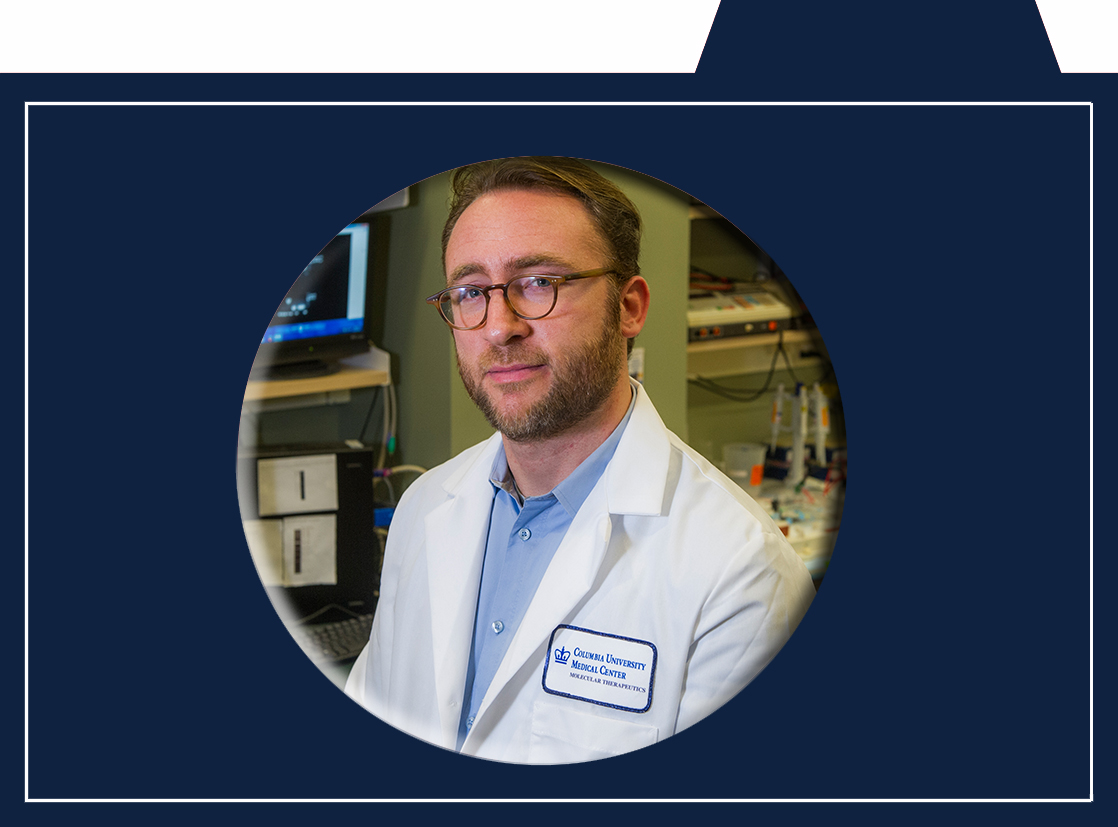The cultural shift medicine wants, and needs

“In science, transparency is always desirable.”
A decade later, and after meeting dozens of Amish families with autistic children, Dr. Markx and his team are in the process of developing a new drug for autism. Because the Amish and Mennonite communities are descendants of a relatively small number of individuals (founders) and because they tend to inter-marry within a relatively small set that has a confined gene pool, there is less genetic variation in these founder populations than in the general population. This makes it easier to study genetic markers of various disorders, such as autism. The drug has undergone prerequisite testing with animals. Dr. Markx now hopes it will enter the next phase of evaluation: human clinical trials.
“From an ethical standpoint, it’s very important that results from all clinical trials are available, both to those who participated in them and to those who would benefit from their results,” Dr. Markx said about transparency in medical research done with human participants. “The wider scientific and medical community could then build on these results,” he added.
During that first visit to the clinic in Amish country, Dr. Markx was struck by the altruism of the people he encountered. Those who participate in research studies are “willing to sacrifice their time and effort to help others,” he said. When he thinks about the willingness of patients to contribute so much for scientific progress, he is adamant about the importance of sharing trial results with them. Without fully appreciating the results, we won’t have an accurate view of how effective medical treatments are, and we’ll also lose the benefit of learning from what hasn’t worked, he explained, adding: “We can learn as much from a well-designed negative trial as we can learn from a positive trial.”
But, there are obstacles to sharing results. As in many areas of medicine, publication bias (i.e., the tendency to selectively report positive results) is a big problem in psychiatry. Yet, Dr. Markx is optimistic that transparency is on the rise.
Over the years, he said, professional norms in all of medicine have been evolving. In the past, doctors would receive offers of vacations and lavish dinners from pharmaceutical companies, with the tacit assumption that they’d be favorable to that company’s products. That practice is now banned by institutions and professional associations and is widely considered unethical. “There was a massive cultural shift,” Dr. Markx said, which makes him hopeful that change can happen when it comes to transparency as well.
“In science, transparency is always desirable,” he concluded. “It’s a slow process, but I think it’s because of efforts like those of AllTrials and others, that we are getting there. I think we need leadership coming from all parts of medicine…everybody being on that same page and reinforcing the same mission. That’s when we’ll see the real shift in culture surrounding clinical trials that is needed.”
Dr. Sander Markx is an Assistant Professor of Clinical Psychiatry at Columbia University and directs a diagnostic clinic for precision neuropsychiatry at Columbia’s Medical Center. The Clinic for Special Children was founded by Dr. Morton Holmes in 1990 (Dr. Holmes has since left to start another clinic), with Dr. Strauss joining a few years later. Dr. Strauss is currently the Medical Director of the Clinical for Special Children.
